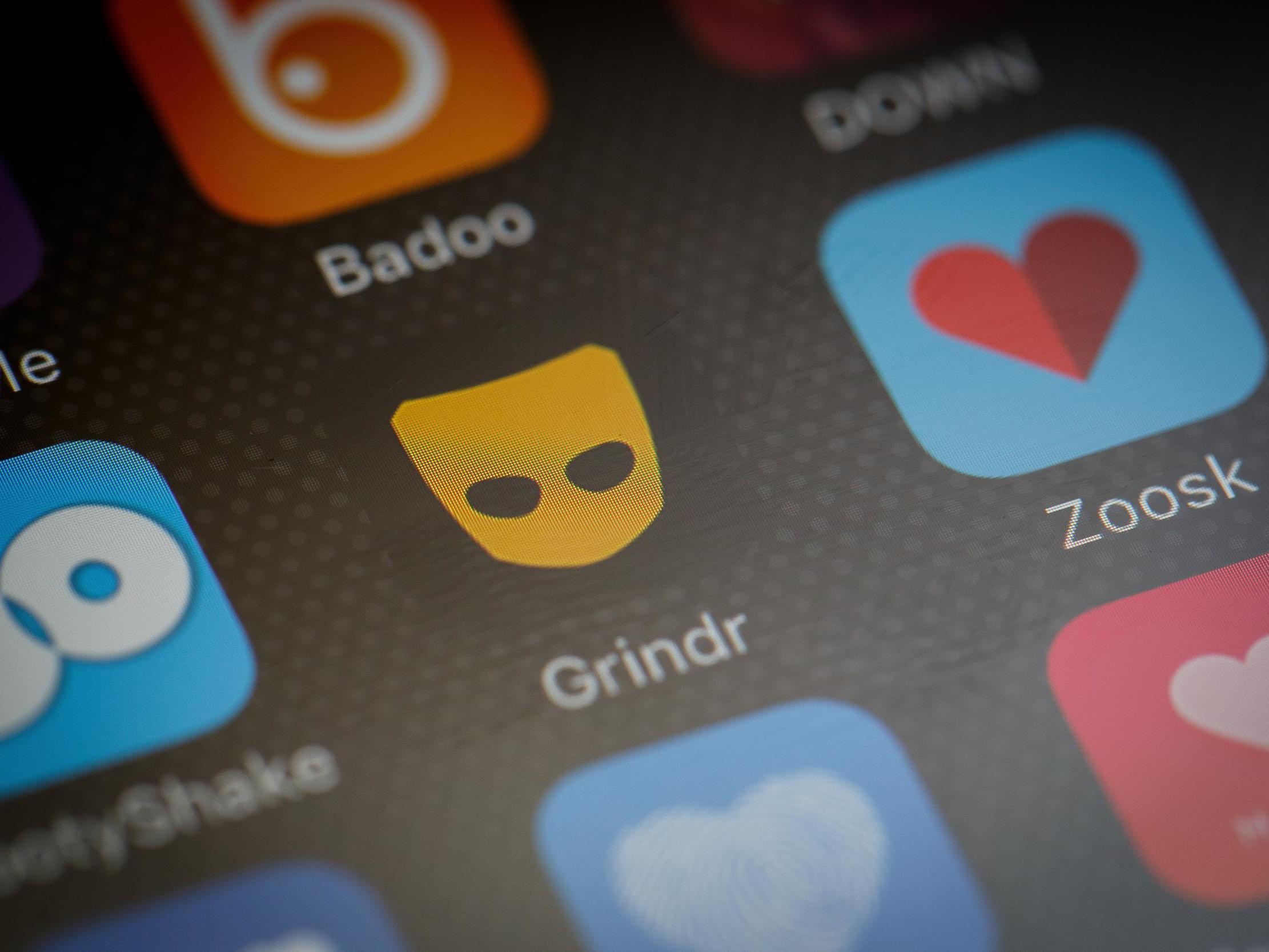Grindr to stop sharing HIV status of users with third-party companies after fierce criticism
'To have your HIV status shared with third parties when you weren’t explicitly notified about it is an extremely serious breach of privacy,' says Peter Tatchell

Gay dating app Grindr has said it will stop sharing its users’ HIV status with other companies after it was heavily criticised for distributing the information to third parties.
Tech firms Apptimize and Localytics, which help to manage the app’s performance, had been provided with the data.
As the HIV information is transferred alongside GPS, phone ID data, and email, users could be identified along with their HIV status, according to Antoine Pultier, a researcher at Norwegian non profit organisation, SINTEF, which first raised the issue.
In response, Grindr’s chief technology officer, Scott Chen, said sharing data with partners to test and optimise its platform was “industry practice”.
He insisted sensitive data was encrypted when sent and vendors were bound by strict contractual terms to ensure it is kept secure and confidential.
“Grindr has never, nor will we ever sell personally identifiable user information – especially information regarding HIV status or last test date – to third parties or advertisers,” Mr Chen said in a post on microblogging site, Tumblr.
The Los Angeles-based app was founded in 2009 and has strived to promote itself as "a champion for the LGBTQ community". It is the largest and most popular gay mobile app community in the world and has 3.6 million users worldwide and some 700,000 living and working in London.
Users are given the option of sharing their HIV status and when they were most recently tested.
“As a company that serves the LGBTQ community, we understand the sensitivities around HIV status disclosure,” Mr Chen said in a statement.
However he also drew attention to fact Grindr is a “public forum” - noting that “if you choose to include this information in your profile, the information will also become public”.
International non-profit digital rights group Electric Frontier Foundation argued Grindr's response was "disappointing."
Veteran human rights campaigner Peter Tatchell condemned Grindr and said security breaches could both be exploited to make arrests and by homophobic vigilantes to make violent attacks.
"All dating apps serving LGBT+ people must comply with data laws but its operators also have a special duty to adhere to a higher standard of confidentiality, given the prevalence of HIV stigma and homophobic prejudice, discrimination and hate crime in many countries," he told The Independent.
"Data protection is the new frontier in the battle for human rights. To have your HIV status shared with third parties when you weren’t explicitly notified about it is an extremely serious breach of privacy that nobody would expect from a company so intrinsically linked to the gay community.
He added: "Grindr is by far the largest gay dating app in the world and needs to give a lead. Twice in the past week it has been in the headlines for the way it manages its data. It needs to conduct an urgent audit of its data operations. Allowing private companies access to the HIV status of Grindr customers is as shocking as it gets and can only add to the anxieties experienced by gay and bisexual men with HIV."
Join our commenting forum
Join thought-provoking conversations, follow other Independent readers and see their replies
Comments
Bookmark popover
Removed from bookmarks